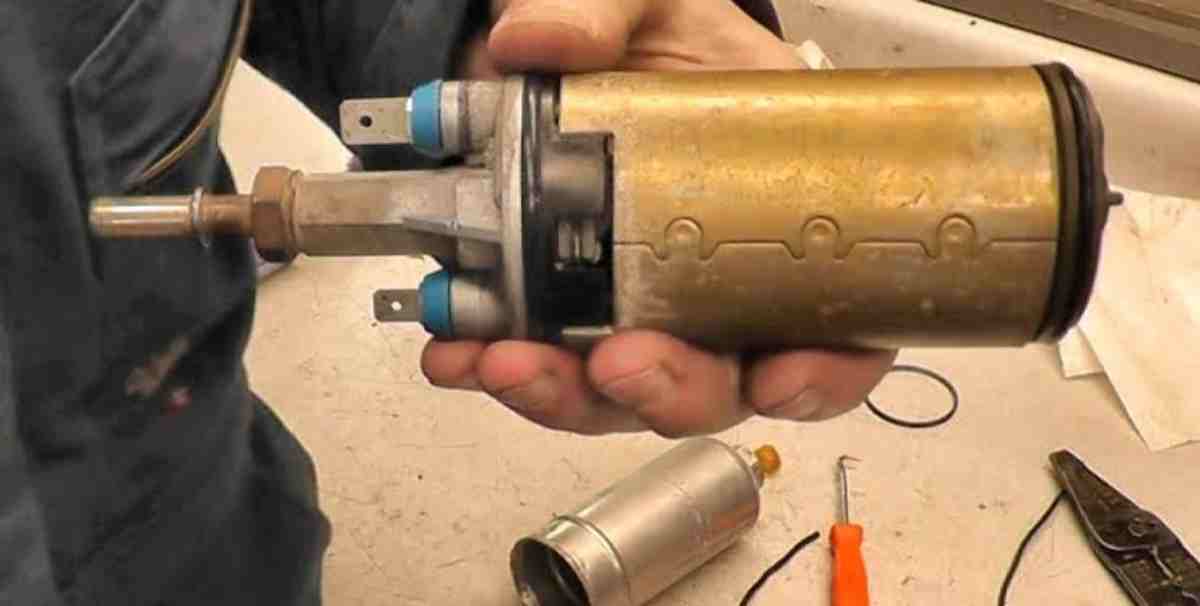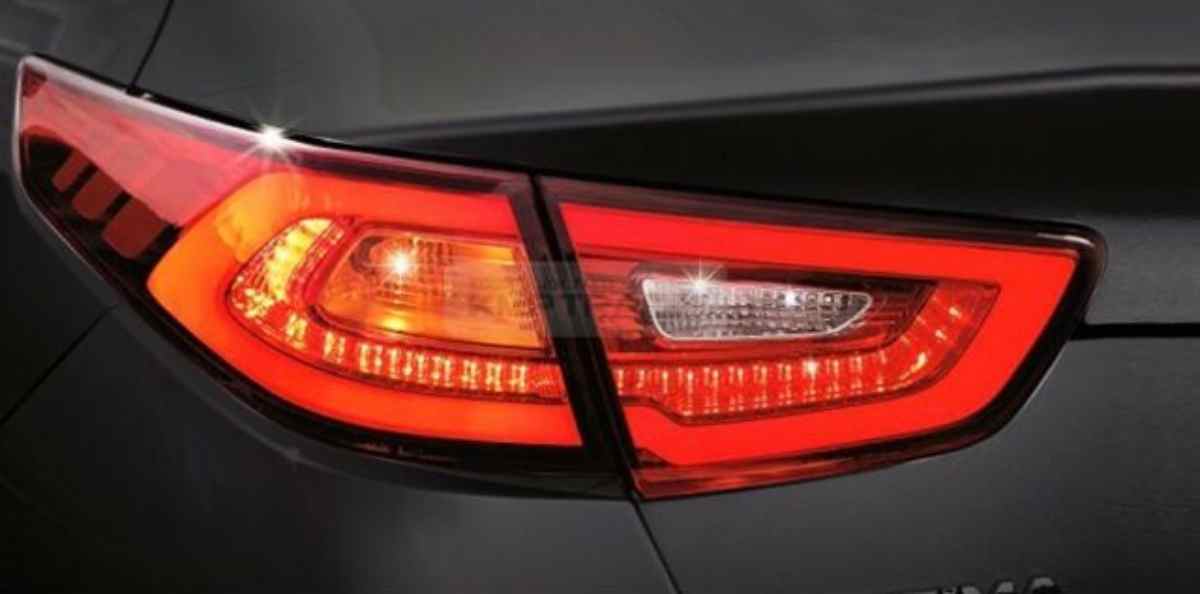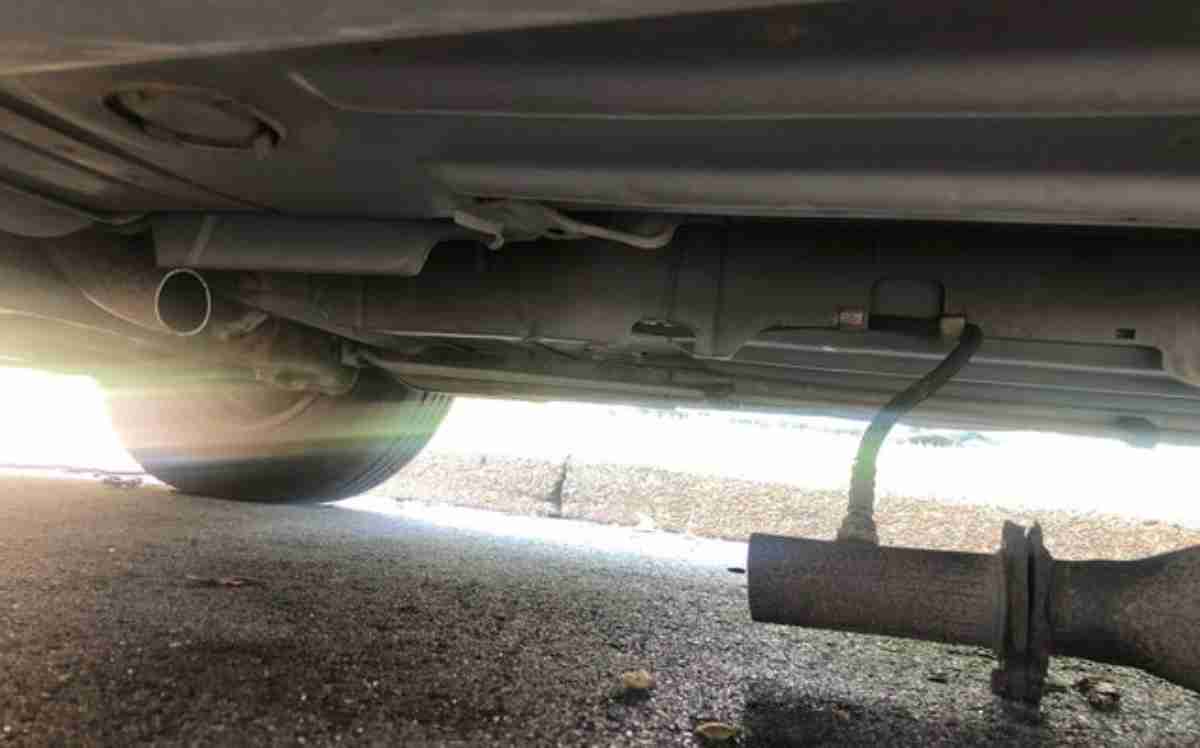What could be the cause when your engine cranks but won’t start and backfires? Well, the causes are usually common problems you can fix but could require a mechanic if too technical to fix.
Normally, when you start your car, you get a repetitive chirping sound from the engine for a couple of seconds from the starter, which gets the engine to start running under its power. This sound is called cranking, and you want your vehicle to make this noise if the starter is working. Backfiring happens when combustion occurs outside of the combustion cylinders of the engine.
However, if your engine cranks but the engine just won’t start and backfires, it could be an engine problem. The problem is fixable, and this maintenance guide explains the possible causes and what you can do to fix it.

My engine cranks but won’t start and backfires: what to do
Some of the causes you’d come across could be fixed on your own. However, if too technical, ensure to contact a mechanic to get the job done with the right tools.
Below are the causes and fix when your engine cranks but won’t start and backfires:
-
Faulty crankshaft position sensor
One major reason the engine cranks but won’t start and backfires is a faulty crankshaft position sensor. The crankshaft position sensor tells the computer of the engine computer the correct position of all the valves and pistons. The ECU then uses this information to know when to fire the spark.
Your vehicle engine requires a spark to start combustion, and the spark needs to happen at the exact right moment. If the spark timing is a bit too late in the engine cycle, unburnt fuel and air mixture may find their way through the exhaust., which reduces performance, stops the engine from starting, and backfires.
Read also: here’s a fix for one side of taillight not working
Usually, the ultra-hot fuel enters the tailpipe and mixes with highly-flammable oxygen in the outside air, which combusts any unused fuel in the exhaust that causes the loud bang. In some cases, you will notice visible flames from the tip of the exhaust.
Your spark plugs could be firing incorrectly as a result of a faulty crankshaft position sensor. When this sensor malfunctions, the ECU fails to know the correct timing to fire the sparks, stopping the engine from starting and backfiring, even though it cranks.
How to fix
If your engine cranks but won’t start and backfires, then you have to contact an experienced mechanic to have a replacement crankshaft position sensor installed. Calibration will also be required to ensure the vehicle starts well and won’t backfire.
-
Insufficient compression
Another reason your engine cranks but won’t start and backfires is insufficient compression. Your car needs 4 essential components to start running under its power: air, fuel, compression, and spark.
As such, if the engine gets low compression, it will cause starting problems even though it may crank. Usually, this is caused by seals and gaskets leaking in the engine.
How to fix
The solution to fix an engine that cranks but won’t start and backfires is to purchase new valve seals, piston rings, or other components the mechanic recommends. A professional mechanic is in the position to tell the faulty components to replace to let the engine withstand the intense pressure required to run.
-
Malfunctioning fuel pump
The fuel pump’s function in your car transfers liquid from the fuel tank to the carburetor or fuel injector of the internal combustion engine. For this reason, once it malfunctions, then you see how your engine cranks but won’t start and backfires.
Read also: when a car won’t reverse but goes forward
If your car cranks but the engine is not starting and backfires, you may have a bad fuel pump. The reason is that fuel may not be reaching the engine.
Fuel injectors are often not the cause of this problem because gasoline from most chain service stations is clean and properly stored. A bad fuel pump bad prevents gas from flowing from the tank to the engine, keeping the car from starting.
How to fix
The simple solution is to clean or buy and have a replacement pump installed. A mechanic is recommended for this job, but you can DIY if you properly follow an online video or written tutorials on your specific vehicle model and model year.
-
Clogged fuel injectors
The fuel injector is a component of your engine’s fuel delivery system that receives and sprays gasoline into the engine in the form of a high-pressure mist.
If your car cranks but won’t start and backfires, fuel may not be getting to the engine due to clogged fuel injectors.
The fuel injector nozzles will gradually clog due to corrosion, rust, or debris. As a result, clogged fuel injectors fail to add the correct amount of fuel to the cylinders—the reason your vehicle won’t start.
A faulty mass airflow sensor or a clogged engine air filter can be the reason for the backfiring, causing the engine to choke, and preventing sufficient oxygen to flow into it.
How to fix
If your fuel injector is the problem, have it replaced. You want to keep them clean by ensuring to only add high-quality gasoline to your gas tank.
Usually, gasoline from unreliable sources transported or stored improperly may contain debris, which eventually enters the fuel lines and the injectors, causing them to clog.
-
Faulty spark plugs
The function of spark plugs is to supply the spark that ignites the air/fuel mixture to create the explosion needed for a car engine to produce power.
Read also: fix for car engine not revving
The fuel system is okay if the engine holds compression well. However, if the car cranks but has no sign of starting and backfires, you may have bad spark plugs.
Typical modern spark plugs will last up to 100,000 miles or more before requiring replacements. This does not mean that your spark plugs won’t go bad earlier, typically as a result of excessive carbon build-up. Oil leaks into the engine can also cause spark plugs to go bad when they coat the spark plugs, preventing them from working. Ignition coils or the computer supplying power to the spark plugs will also stop it from working.
How to fix
The simple fix here is to cover and replace your spark plugs. Examine the existing spark plugs to see if they need to be replaced.
-
Aging car problem
The older engine technology on your classic vehicle is prone to backfiring since the systems are not controlled by a computer. They will also require constant adjustments, commonly known as a tune-up.
On a modern vehicle, however, you won’t find spark plug wires. Rather, you will find coil-on-plug designs, which improve the consistency and control with which the vehicle engine fires its sparks.
Moreover, an older car may use carburetors instead of direct fuel injection. A faulty carburetor will not spray the correct amount of fuel, causing an incorrect air-fuel ratio, which causes the engine to backfire.
Conclusion
An experienced mechanic is usually the solution. Look for a professional mechanic with modern technology to reliably check under the hood and detect the cause of the cranking car not starting and backfiring.


